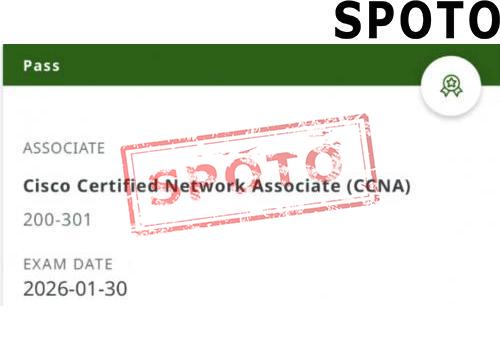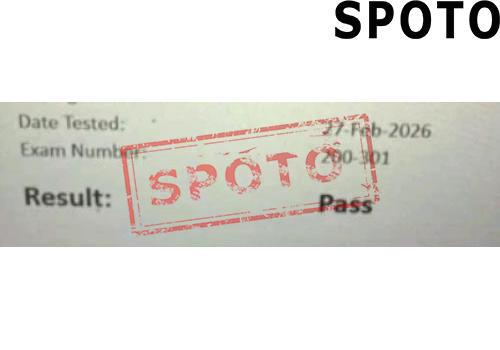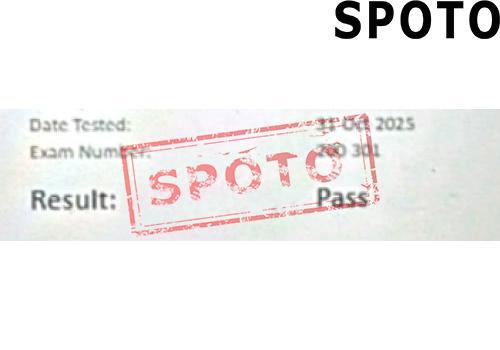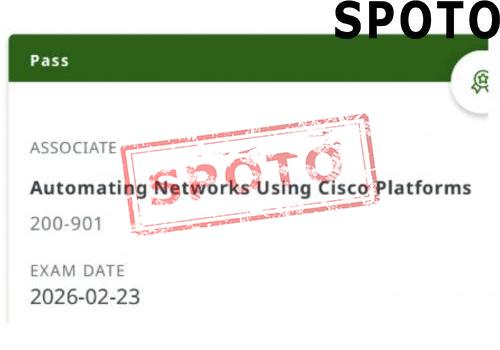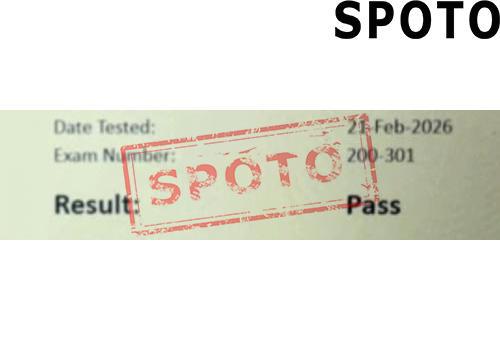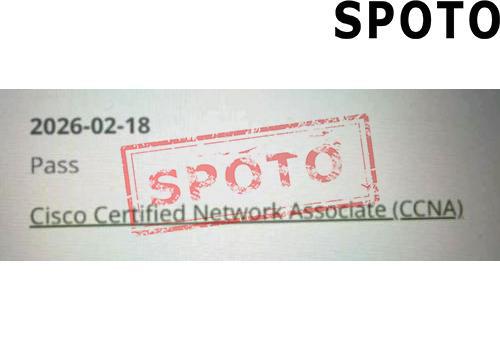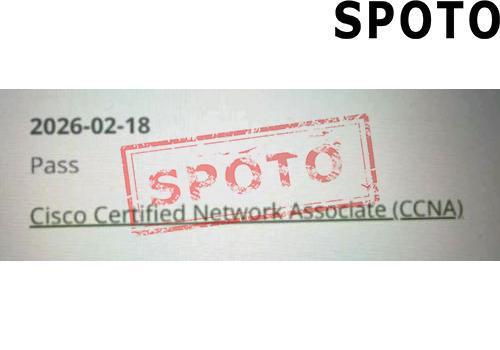
Table of Contents
The CCNA is an entry-level networking certification that will help you be ready for networking IT jobs like network specialist, network administrator, and network engineer.
Cisco, a manufacturer of networking hardware, offers an entry-level information technology (IT) certification called the CCNA, which stands for Cisco Certified Network Associate. The CCNA is intended to verify that you are familiar with the core networking principles that are frequently asked for in networking responsibilities in IT employment.
Cisco Certified Network Associate (CCNA) certification is a well-respected credential that validates your expertise in networking fundamentals. Whether you're a seasoned IT professional or just starting your journey in the field, here are some key things you need to know about the CCNA training program.
1. A Foundation in Networking:
The CCNA training program serves as a foundational course in networking. It covers various topics like network basics, routing and switching technologies, IP addressing, subnetting, network security, wireless networking, and more. This comprehensive curriculum ensures that candidates gain a holistic understanding of how networks function and how various components interact.
2. Industry Recognition:
CCNA is a globally recognized certification offered by Cisco Systems, a leader in networking technology. Achieving CCNA certification signifies to employers that you have a solid grasp of networking principles and are well-prepared to handle real-world networking challenges. It can significantly enhance your career prospects and open doors to a multitude of opportunities.
3. Multiple Tracks:
Cisco recognizes that networking is a vast field with diverse specializations. As a result, CCNA has multiple tracks tailored to specific areas. These tracks include CCNA Routing and Switching, CCNA Security, CCNA Wireless, CCNA Data Center, and more. Each track focuses on a particular networking aspect, allowing candidates to choose a path that aligns with their interests and career goals.
4. Real-World Skills:
The CCNA training program emphasizes hands-on experience through practical labs and simulations. This approach ensures that candidates understand theoretical concepts and gain practical skills that are essential in a networking role. Working on labs involving configuring routers and switches and troubleshooting network issues provides a solid foundation for real-world scenarios.
5. Exam Requirements:
To obtain CCNA certification, candidates must pass a specific exam associated with their chosen track. The exam typically consists of multiple-choice questions, simulation-based questions, and scenarios that test your problem-solving abilities. It's essential to thoroughly prepare for the exam by studying the recommended resources and practicing with mock exams.
6. Preparation Resources:
Cisco provides a wealth of resources to help candidates prepare for the CCNA exam. These resources include official study guides, e-learning modules, practice exams, and virtual labs. Additionally, there were numerous third-party study materials and online courses available, offering various learning options to cater to different learning styles.
7. Changing Landscape:
Cisco periodically updates its certification programs to align with the evolving industry trends and technologies. As of my last knowledge update in September 2021, Cisco had introduced a new certification framework that includes the CCNA. It's essential to stay updated with Cisco's official website or other reliable sources to ensure you have the latest information about the CCNA training program.
8. Career Development:
If you have experience and are applying, CCNA certification increases your chances of being hired. Additionally, whether you want to change careers or are beginning, the networking industry provides various opportunities to advance your career. Due to the exponential growth of technology, the government and other businesses are looking for a trained network engineer to manage their network operations.
9. Global Community:
Obtaining CCNA certification also grants access to a vast network of professionals who have earned the same credential. This community provides opportunities for networking, knowledge sharing, and collaboration. Participating in forums, online groups, and networking events can help you stay updated and engaged in the ever-evolving.
10. Continuous Learning:
Technology never stands still, and neither should your learning journey. CCNA certification is valid for three years. To maintain your certification status, you'll need to recertify by passing a designated recertification exam or earning certain continuing education credits. This recertification process ensures that certified professionals stay current with the latest advancements in networking.
International acceptance
In several nations throughout the world, the CCNA certification gets accepted. Networking experts with CCNA qualifications can bargain for the best salary than those without the certification. There were more CCNA roles available on the market than there were in previous years. A CCNA certification is a requirement for someone to be eligible to apply for one.
To grow in one's career, one may use the knowledge acquired through the CCNA certification program to grasp other networking topics and cyber-security training. The advantages of Cisco Certification CCNA - In a Nutshell, states that employers give CCNA-trained specialists first choice over untrained networking professionals. You'll be at an advantage if you have CCNA networking certification.
When a candidate completes the CCNA certification program, new options and job positions become available. Reputable IT companies are eager to acquire professionals with CCNA certifications and offer massive incentives to keep them on the job for the long term.
The CCNA certification program attests that the applicant is qualified to manage even the most challenging and intricate networking systems. Additionally, the applicant has the ability to fit in with any size IT organization's working environment.
How valuable is the Cisco CCNA certification?
The fundamental understanding of networking and equipment such as repeaters, routers, and switches gets strengthened by CCNA. The fact is it includes cutting-edge network technologies like programmability and network automation get a noteworthy advantage. The most well-known and highly regarded IT certification, the CCNA is continually updated to meet market demands. According to reports, companies highly like CCNA-certified candidates for networking job jobs.
You'll Learn the Following Core Skills:
- Create easy-to-use local area networks, set up switches and routers in the bare-bones configuration, and use IPv4 and IPv6 addressing methods.
- Establish end-to-end connectivity between remote devices by configuring routers, switches, and endpoints to allow access to local and remote network resources.
- Using practical tools like Cisco Packet Tracer, hone your problem-solving and critical thinking abilities.
- Apply security best practices when configuring and resolving connectivity issues on a small network.
